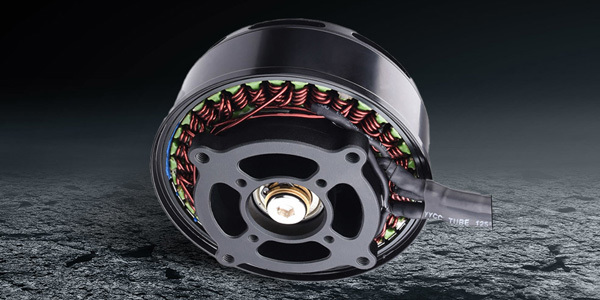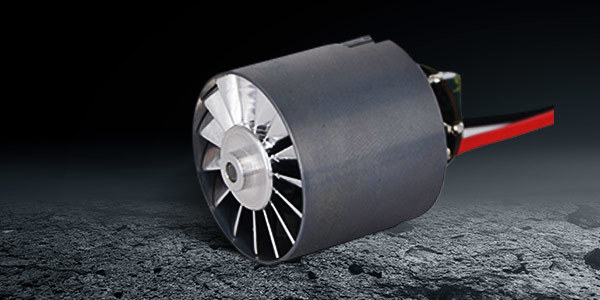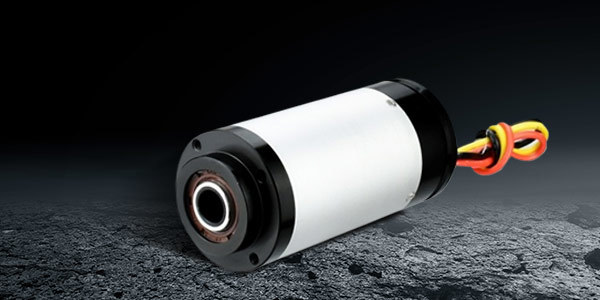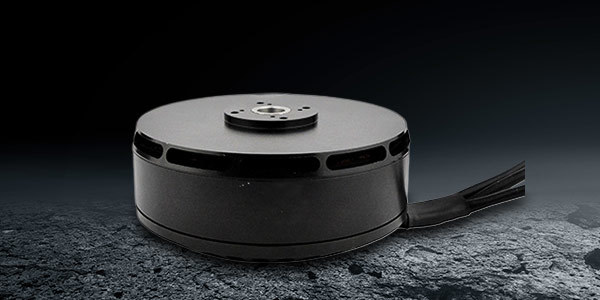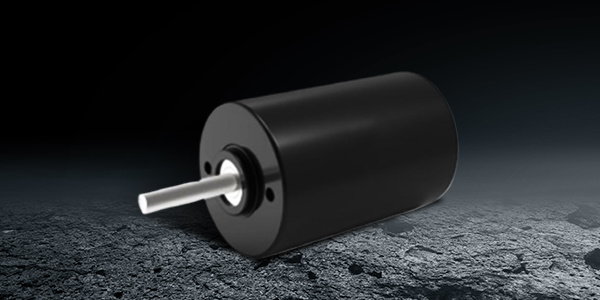Jun 26,2025
Unlocking the Potential of Sensorless Motor Controllers: A Comprehensive Guide
Sensorless motor controllers are an innovative solution in the realm of electric motors, particularly valuable in applications where traditional feedback mechanisms may be impractical or costly. Unlike conventional motor controllers that rely on sensors to provide real-time data regarding rotor position and speed, sensorless controllers utilize algorithms to estimate these parameters based on volt
Sensorless motor controllers are an innovative solution in the realm of electric motors, particularly valuable in applications where traditional feedback mechanisms may be impractical or costly. Unlike conventional motor controllers that rely on sensors to provide real-time data regarding rotor position and speed, sensorless controllers utilize algorithms to estimate these parameters based on voltage and current feedback. This approach not only simplifies the system but also enhances reliability and reduces maintenance requirements.
One of the primary advantages of using sensorless motor controllers is their ability to operate in environments where sensors might be exposed to harsh conditions, such as high temperatures or vibrations. By eliminating the need for physical sensors, these controllers can be integrated into a wider range of applications, including robotics, HVAC systems, and electric vehicles. Moreover, the absence of mechanical components reduces the overall system weight and size, which is crucial in space-constrained designs.
In the context of control cables in the electrical and electronics industry, sensorless motor controllers provide significant benefits. They facilitate smoother operation and enhanced performance of electric motors by ensuring precise control over speed and torque, even during transient conditions. This adaptability is particularly important in applications requiring rapid changes in load or speed, where traditional methods may struggle to keep up.
Additionally, sensorless technology often leads to improved energy efficiency. These controllers can optimize motor performance by adjusting parameters dynamically, thereby reducing power consumption during operation. This is particularly beneficial in industries focused on sustainability and energy savings, where every watt counts.
It's critical to understand that while sensorless motor controllers offer many advantages, they also come with their own set of challenges. For instance, the estimation algorithms must be carefully tuned to ensure accuracy, especially under varying load conditions. Furthermore, the performance of these controllers can be affected by changes in temperature or operating environments, which may require additional calibration.
In conclusion, sensorless motor controllers represent a significant leap forward in motor control technology within the electrical and electronics industry. As businesses continue to seek solutions that balance performance, reliability, and efficiency, sensorless controllers are poised to play a pivotal role in the future of electric motor applications. Understanding their functionality and benefits can help professionals in the field make informed decisions, ultimately leading to enhanced system design and operational efficiency. Whether for industrial applications or consumer products, embracing sensorless technology may provide a competitive edge in today’s fast-paced market.
One of the primary advantages of using sensorless motor controllers is their ability to operate in environments where sensors might be exposed to harsh conditions, such as high temperatures or vibrations. By eliminating the need for physical sensors, these controllers can be integrated into a wider range of applications, including robotics, HVAC systems, and electric vehicles. Moreover, the absence of mechanical components reduces the overall system weight and size, which is crucial in space-constrained designs.
In the context of control cables in the electrical and electronics industry, sensorless motor controllers provide significant benefits. They facilitate smoother operation and enhanced performance of electric motors by ensuring precise control over speed and torque, even during transient conditions. This adaptability is particularly important in applications requiring rapid changes in load or speed, where traditional methods may struggle to keep up.
Additionally, sensorless technology often leads to improved energy efficiency. These controllers can optimize motor performance by adjusting parameters dynamically, thereby reducing power consumption during operation. This is particularly beneficial in industries focused on sustainability and energy savings, where every watt counts.
It's critical to understand that while sensorless motor controllers offer many advantages, they also come with their own set of challenges. For instance, the estimation algorithms must be carefully tuned to ensure accuracy, especially under varying load conditions. Furthermore, the performance of these controllers can be affected by changes in temperature or operating environments, which may require additional calibration.
In conclusion, sensorless motor controllers represent a significant leap forward in motor control technology within the electrical and electronics industry. As businesses continue to seek solutions that balance performance, reliability, and efficiency, sensorless controllers are poised to play a pivotal role in the future of electric motor applications. Understanding their functionality and benefits can help professionals in the field make informed decisions, ultimately leading to enhanced system design and operational efficiency. Whether for industrial applications or consumer products, embracing sensorless technology may provide a competitive edge in today’s fast-paced market.
Previous: Unlocking the Advantages of High Torque Brushless Motors: A Game-Changer for Your Projects
Next: Unlocking the Benefits of Using Sensorless BLDC Motors in Your Electric Systems

